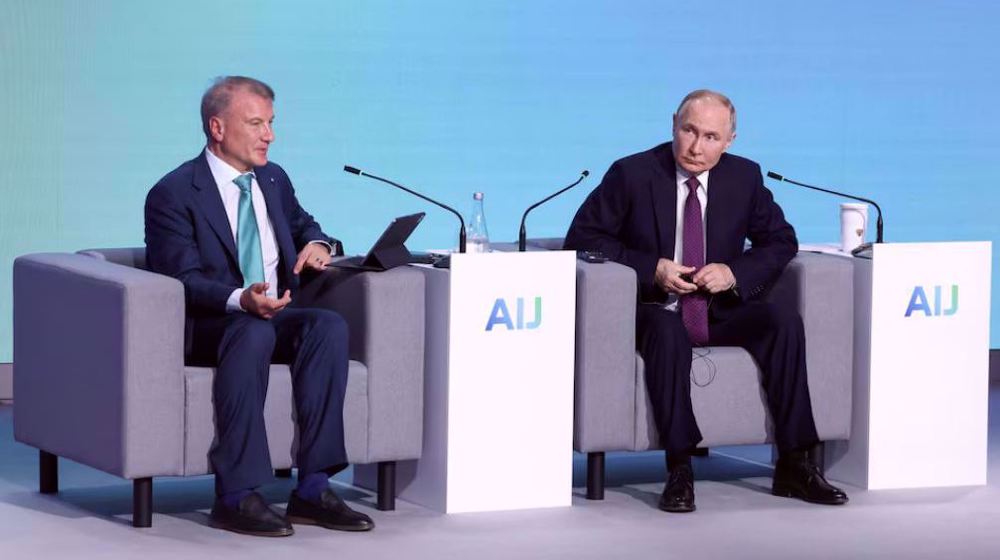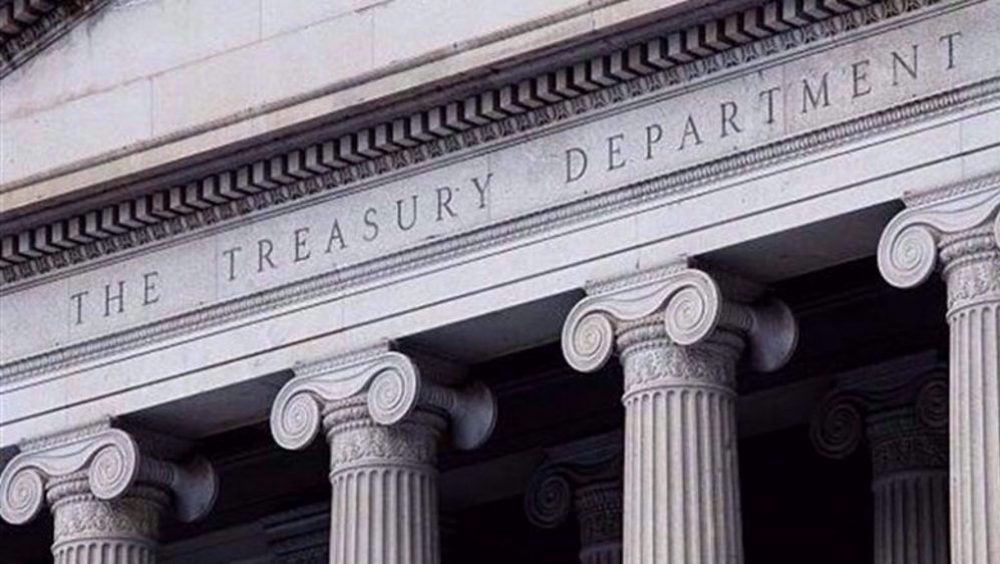China confirms detention of Taiwan pro-independence activist
China’s government said Wednesday it has detained a Taiwanese pro-independence activist and is investigating him on suspicion of “pursuing activities harmful to national security.”
Spokesman for the Taiwan Affairs Office Ma Xiaoguang said Lee Ming-che, 42, was in good health, but gave no information about where he was being held or other terms of his detention.
Lee disappeared after clearing immigration on March 19 in the semi-autonomous Chinese territory of Macau and never showed up for a planned meeting later that day with a friend across the border in China.
“Regarding Lee Ming-che’s case, because he is suspected of pursing activities harmful to national security, the investigation into him is being handled in line with legal procedures,” Ma told reporters at a news briefing.
On Tuesday, a colleague of Lee’s said he may have attracted the attention of China’s security services after he used the social media platform WeChat to discuss China-Taiwan relations.
Cheng Hsiu-chuan, president of Taipei’s Wenshan Community College where Lee has worked for the past year as a program director, said Lee used WeChat to “teach” an unknown number of people about China-Taiwan relations under the government of Taiwan President Tsai Ing-wen.
“For China, the material he was teaching would be seen as sensitive,” Cheng said. WeChat has hundreds of millions of active users and is hugely popular as a means of communication in China.

Lee had traveled annually to China for the past decade to see friends, Cheng said. He would discuss human rights in private but had never held any public events there, Cheng said.
However, in mid-2016 Chinese authorities shut down Lee’s WeChat account and confiscated a box of books published in Taiwan on political and cultural issues, Cheng said.
On his most recent trip, Lee planned to see friends and obtain Chinese medicine for his mother-in-law in Taiwan, his wife, Lee Ching-yu said. He was expected to stay in the southern Chinese hub city Guangzhou through March 26, she said.
China claims sovereignty over Taiwan. It insists that the two sides must eventually unify and has raised pressure on Taiwan since the election last year of President Tsai, whose Democratic Progressive Party advocates for Taiwan’s formal independence. China and Taiwan split amid a civil war in 1949.
(Source: AP)

Putin orders government, top bank to develop AI cooperation with China

Chinese hackers breach US Treasury sanctions office: Report

No one can separate Taiwan from China: President Xi
Jewish group calls on all countries to cut off ties with Israel
Israel decimated Gaza’s entire education system: Malala Yousafzai
Iran Army to take delivery of 1,000 drones, new destroyer
US journalist schools Elon Musk on roots of Zionist entity and genocide in Gaza
VIDEO | Press TV's News Headlines
California wildfires, administrative incompetence
VIDEO | Celebrations in Port Sudan as army advances to retake city of Wad Madani from RSF
VIDEO | Hundreds march in Lisbon in protest over police raid in 'migrant neighborhood'












 This makes it easy to access the Press TV website
This makes it easy to access the Press TV website